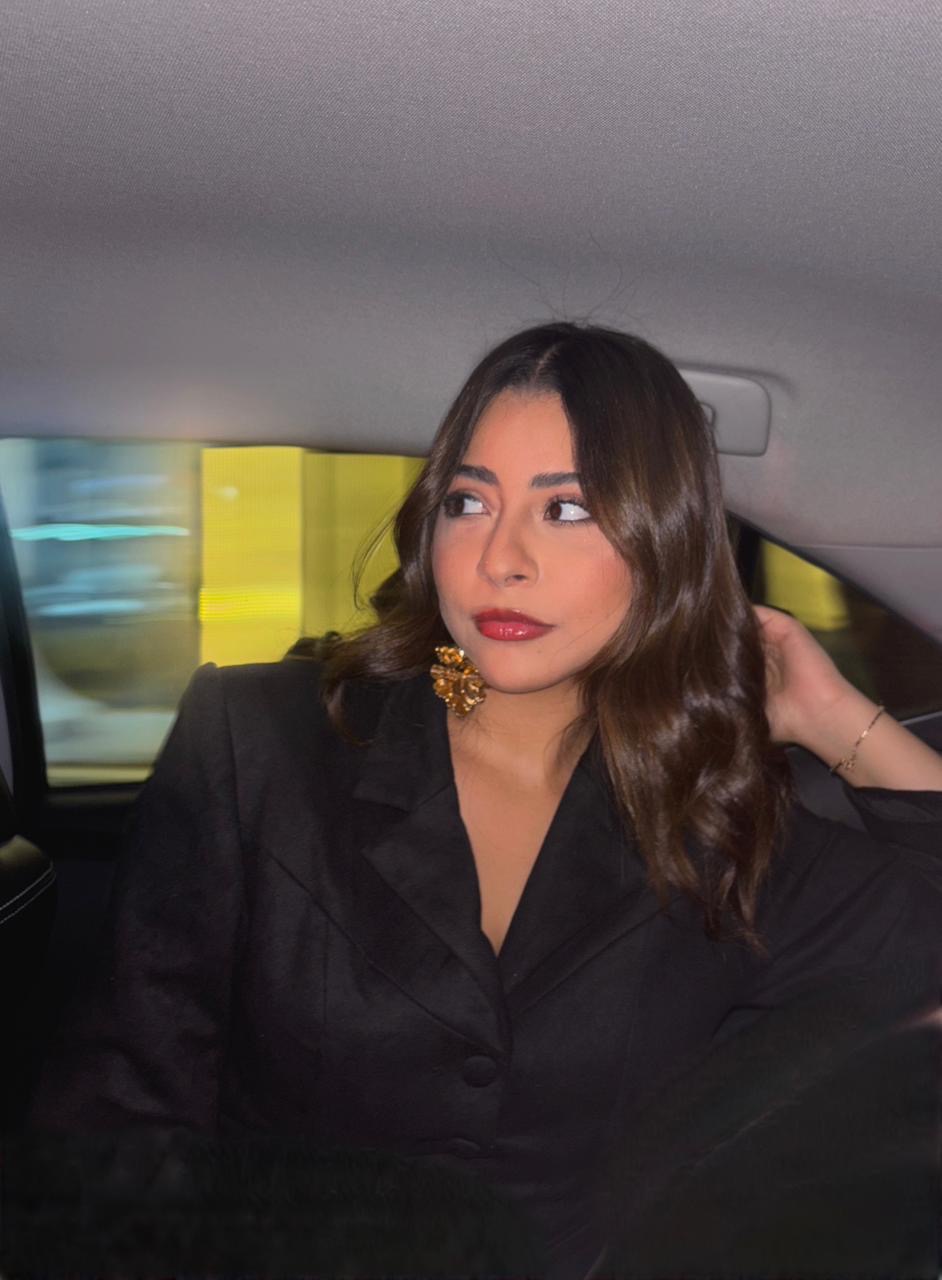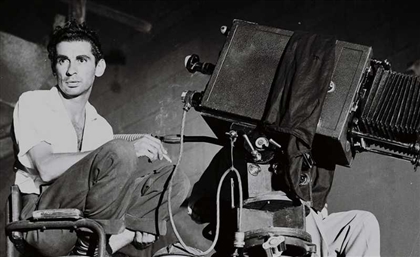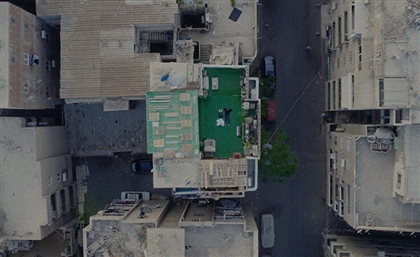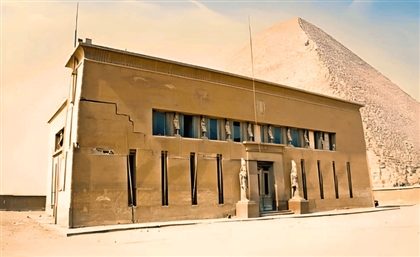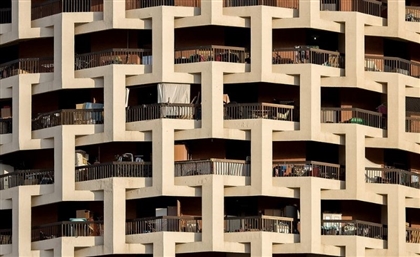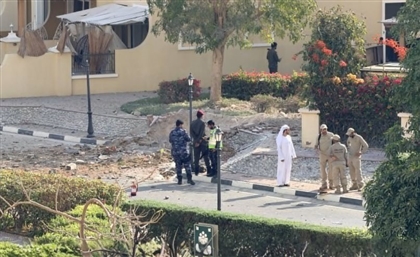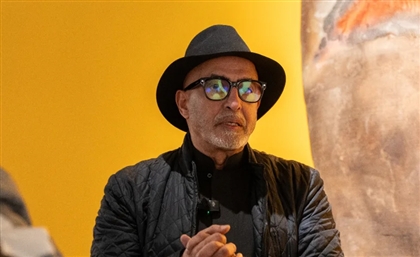On Youssef Chahine & Two Decades of ‘Alexandria... New York’
The Alexandria that Chahine knew defies global binaries, yet its shift from coexistence to cultural loss is his enduring lament.
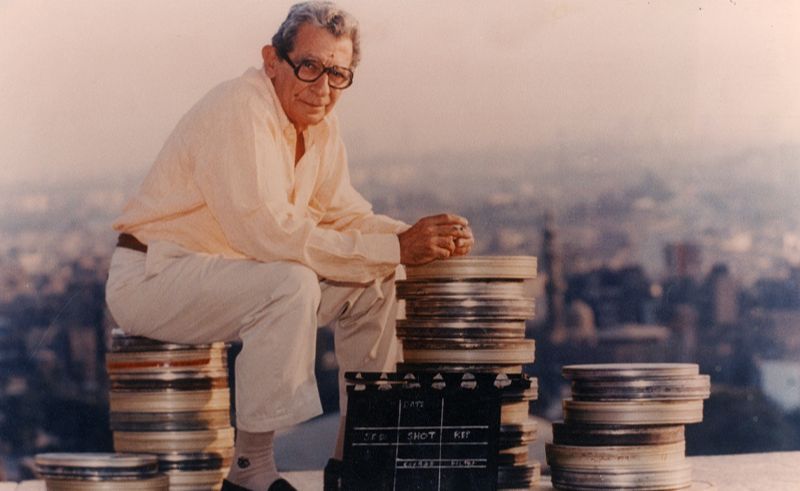
“I speak of an Alexandria that once thrived on remarkable wisdom, a way of life where people of different races, nationalities, and religions coexisted with extraordinary understanding. How did we lose this way of life? Who benefited from its disappearance? Who dismantled it, and why? Who is complicit in perpetuating this loss? And what are the forces driving this division?”
Youssef Chahine, as quoted in ‘Third World Film Making and the West’ by Roy Armes
Youssef Chahine, the cosmopolite of Egyptian cinema, an auteur whose works continue to resonate today as cultural and artistic milestones. January 25th marks the day of his birth, and the year 2025 coincides with the two-decade anniversary of ‘Alexandria... New York’, a deeply personal film that encapsulates his tense, lifelong relationships as dichotomised between East and West, youth and age, dreams and reality.
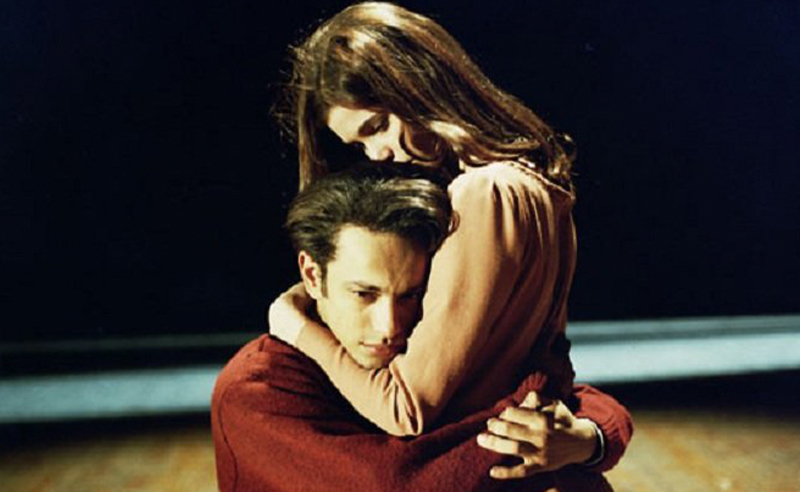
The film is often described as the successor to Chahine’s Alexandria Trilogy: ‘Alexandria… Why?’ (1979), ‘An Egyptian Story’ (1982) and ‘Alexandria Again and Forever’ (1990), a showcase of his unique ability to merge the autobiographical with the political. These themes echo Palestinian scholar Edward Said’s seminal exploration of Orientalism, which Chahine was directly affected by. He even quoted Said in a myriad of his films, and cast him in one. To them, the West constructs an image of the East as alien, subordinate and deeply buried in romanticised and eroticised perceptions, a worldview that legitimizes Western dominance and colonialism. Chahine’s work challenges this narrative, presenting a vision of a world that can thrive in coexistence and shared humanity rather than division and sand dune mystery.
Chahine’s exploration of identity in ‘Alexandria... New York’ does not exist in isolation. His career-long engagement with feminism, labour struggles, and the Arab national project contextualises the film’s themes on imperialism and cultural self-determination.
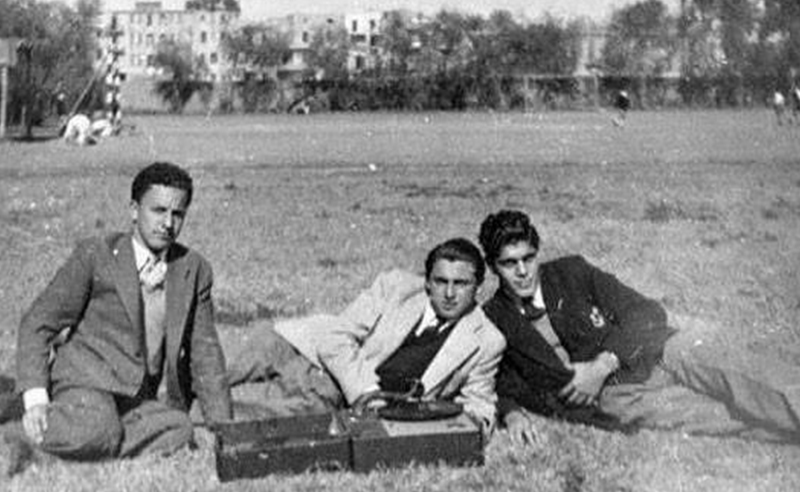
“This film is a tribute to Chahine’s deep love for the nation,” Marianne Khoury, Chahine’s niece, long-time collaborator and producer of ‘Alexandria... New York’, tells CairoScene. Khoury has worked tirelessly to preserve Chahine’s cinematic legacy, and offers a unique perspective on his artistic process and vision.
The Alexandria that Chahine knows challenges the binary constructions of East and West. Yet, the city’s transformation, from a beacon of coexistence to a site of cultural loss, is something Chahine will always lament
Alexandria: The Birthplace of Dreams and Conflicts
Alexandria was more than just a setting for Youssef Chahine. It was a muse, a symbol, and a site of rich cultural and historical memory. A city of cosmopolitanism, Alexandria reflected the multicultural coexistence that defined much of Chahine’s worldview. This blending of Greek, Italian, French and Egyptian influences shaped his artistic sensibilities and his deep sense of identity.
In ‘Alexandria... New York’, Chahine revisits this formative city and juxtaposes it with the vibrant, chaotic energy of New York. Alexandria becomes a symbolic space of roots and origins. Marianne Khoury describes this duality poignantly: “The cities we imagine become part of us. For Chahine, Alexandria was a way to tell his story. New York, in contrast, was a space of alienation and cultural estrangement, despite all the opportunities it presented”
With its cultural hybridity, the Alexandria that Chahine knows challenges the binary constructions of East and West. Yet, the city’s transformation, from a beacon of coexistence to a site of cultural loss, is something Chahine will always lament.
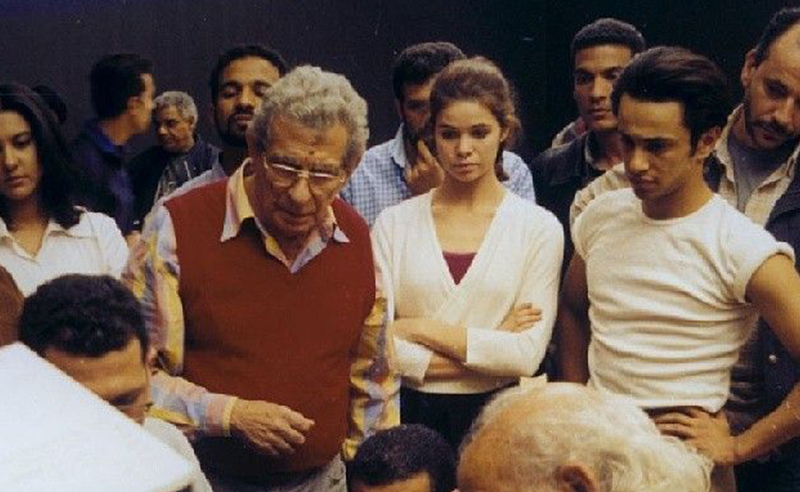
“The Alexandria he tells us about is the one he carried with him throughout his life,” Marianne Khoury shares. “It’s the city of his dreams, not necessarily a version that really existed. For him, it’s a place of wisdom, tolerance and coexistence. He transports us to that world that has been lost.”
Chahine’s masterful use of flashbacks and nonlinear storytelling creates a dreamlike narrative that mirrors Yehia’s fragmented sense of self. The blending of memory, reality, and fiction really invite viewers to reflect on their own experiences of belonging and estrangement.
The Cinematic Odyssey: Alexandria... New York as a Personal Reflection
Ahmed Yehia, back then a principal dancer in Egyptian performing arts, recalls how he was cast in ‘Alexandria... New York’. “I met Youssef Chahine in 2002 during a performance of the Zorba ballet, where I was the lead,” Yehia tells CairoScene. “Chahine attended all 10 days of the performance.” Inspired by him, Chahine approached Yehia, pitching him for the role. Chahine cast him as his alter ego, Yehia, and Yehia’s son.
The story follows Yehia’s love affair with Ginger, an American woman he met as a film student. Decades later, Yehia discovers their romance resulted in a son, whom he meets as an adult. This revelation forces Yehia to confront his past, his estranged relationship with the West, and the unresolved tensions of his identity.
The film mirrors Chahine’s own experiences as a young man studying at the Pasadena Playhouse in California. Like Yehia, Chahine was captivated by Hollywood's artistic possibilities but disillusioned by its cultural imperialism. This ambivalence is captured in Yehia’s lament: “I loved America for its freedom, audacity, and art. But I also hated it for its blindness, arrogance, and contradictions.”
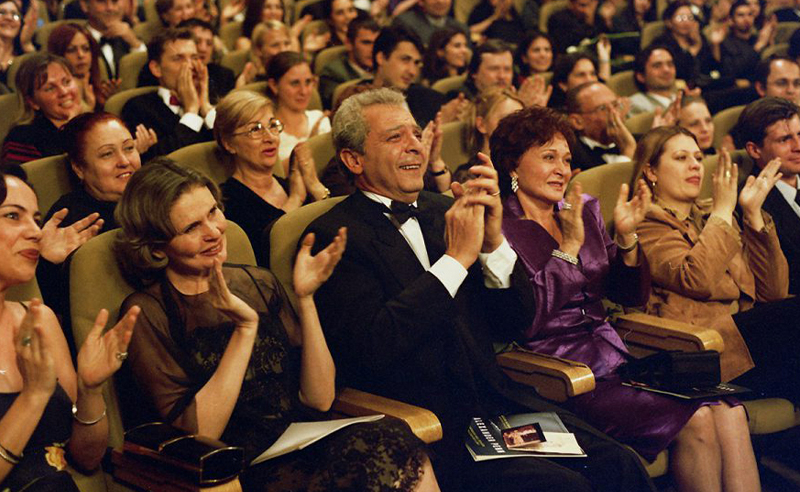
Marianne Khoury reflects on how ‘Alexandria... New York’ connects to Chahine’s earlier works. “He explored similar themes in ‘Alexandria Again and Forever’ - identity, belonging, and dreams, but that was at a different stage of his life. With ‘Alexandria... New York’, he revisited these ideas, but with a lens shaped by decades of reflection.”
Chahine’s masterful use of flashbacks and nonlinear storytelling creates a dreamlike narrative that mirrors Yehia’s fragmented sense of self. The blending of memory, reality, and fiction really invite viewers to reflect on their own experiences of belonging and estrangement.
Yousra had to appear much older than her age. She never normally agreed to this but did it out of love for Chahine.
The Challenges of Production: Reimagining America
Marianne Khoury highlights the challenges of recreating America for the film. “The most difficult part was America itself,” she explains. “Chahine wanted to evoke the glamour and contradictions of Hollywood while maintaining a distinctly Egyptian lens. He reimagined America in the studio, which was part of Chahine’s genius. Only the cultural sites, Brooklyn Bridge and Manhattan were shot in America.”
The casting process was equally intricate. Khoury recounts how Yousra El Lozy, who played Yehia’s girlfriend as a young adult, was discovered. “I went to Gezira Club, saw Yousra, and called her mom, an old friend. I said, ‘There’s an opportunity for your daughter to act’. Her father, director Mahmoud El Lozy, left it up to her. She came to the office, and Chahine loved her instantly.”
Khoury also reflects on Yousra’s transformation for the role: “She had to appear much older than her age. She never normally agreed to this but did it out of love for Chahine.”
We think that if our films are not distributed there, they don’t exist. But the American market will never be open to us; disguised protectionism prevails there.
Protecting the Vision: Artistic Integrity and Cultural Commentary
Chahine’s approach to storytelling often balanced the deeply personal with the overtly political. In Alexandria... New York, his critique of Hollywood’s cultural imperialism is evident. Chahine was always frustrated with protectionism in the American film market. “We have a kind of complex about the United States,” Chahine once remarked in an issue of The UNESCO Courier titled ‘The State of the World Heritage’ (1997). “We think that if our films are not distributed there, they don’t exist. But the American market will never be open to us; disguised protectionism prevails there.”
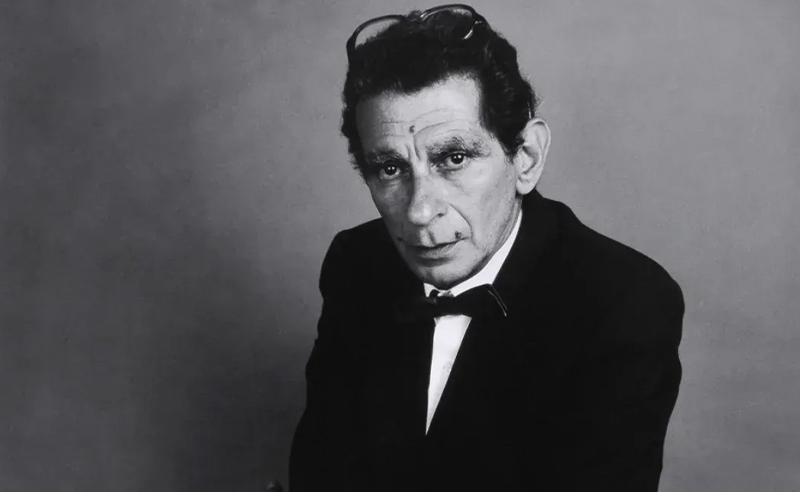
As Ahmed Yehia notes, “Chahine loved the audacity and creativity of American art, but he also rejected its arrogance and contradictions. This tension is at the heart of ‘Alexandria... New York’.”
“To Chahine, even a kiss was political”
Artistic Courage
Youssef Chahine’s work is characterised by its defiance of conventional narratives. He bridged the personal and political.
Marianne Khoury recounts how Chahine dealt with censorship with remarkable skill. “He reached a level of importance and respect where they listened to him. He was very clever in navigating confrontation. To Chahine, even a kiss was political.”
“Chahine’s films weren’t just about Egypt, they were about humanity,” Ahmed Yehia says, emphasising the universal appeal of Chahine’s storytelling. “He tackled themes of love, exile, and belonging in a way that resonates across cultures.”
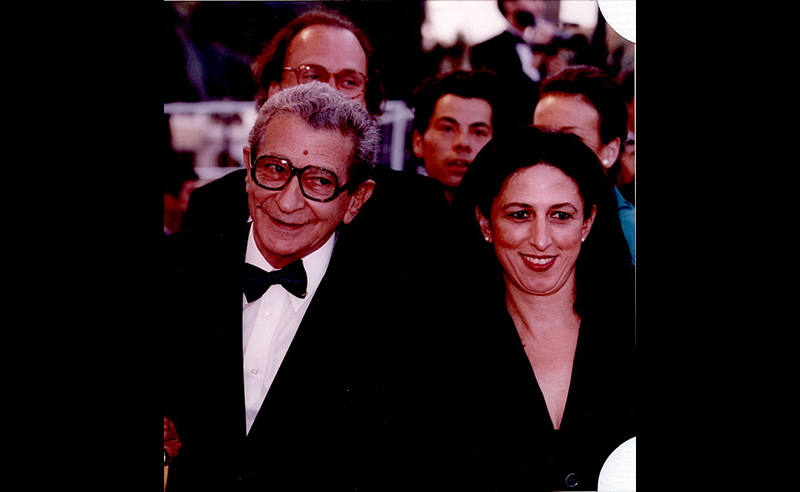
Speaking to us from Paris, Marianne Khoury underscores the importance of preserving Chahine’s legacy across generations and borders. “Next year marks his centennial. We’re planning retrospectives, educational programs, concerts, even a ‘kids’ kit’ - films and questions designed to introduce young audiences to his work,” Khoury shares. “Chahine deserves to remain timeless, relevant and deeply inspiring.”
- Previous Article UAE Citizens to Train in Special Education Through New 4-Year Programm
- Next Article Inside Egypt’s Seven UNESCO World Heritage Sites







